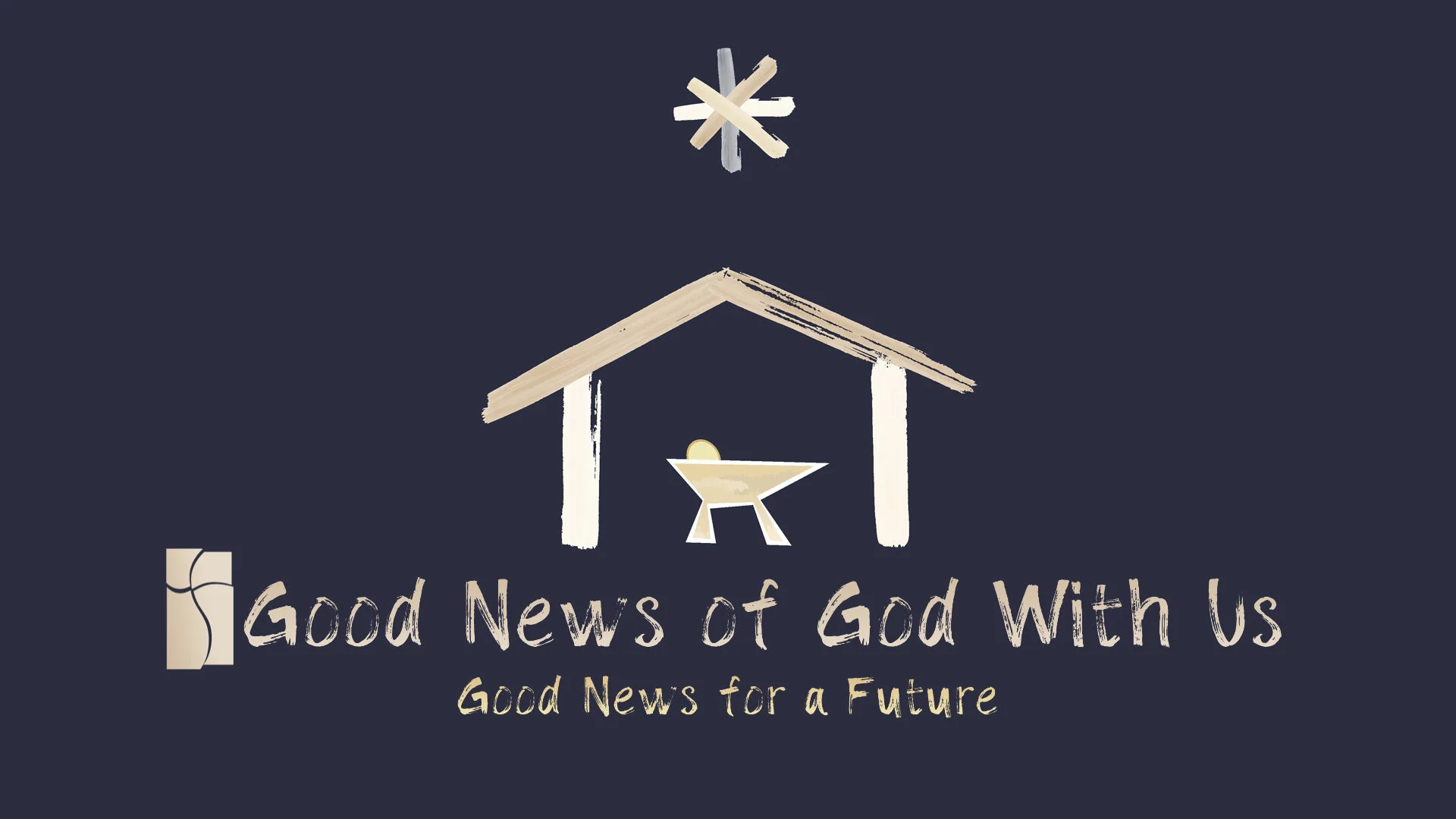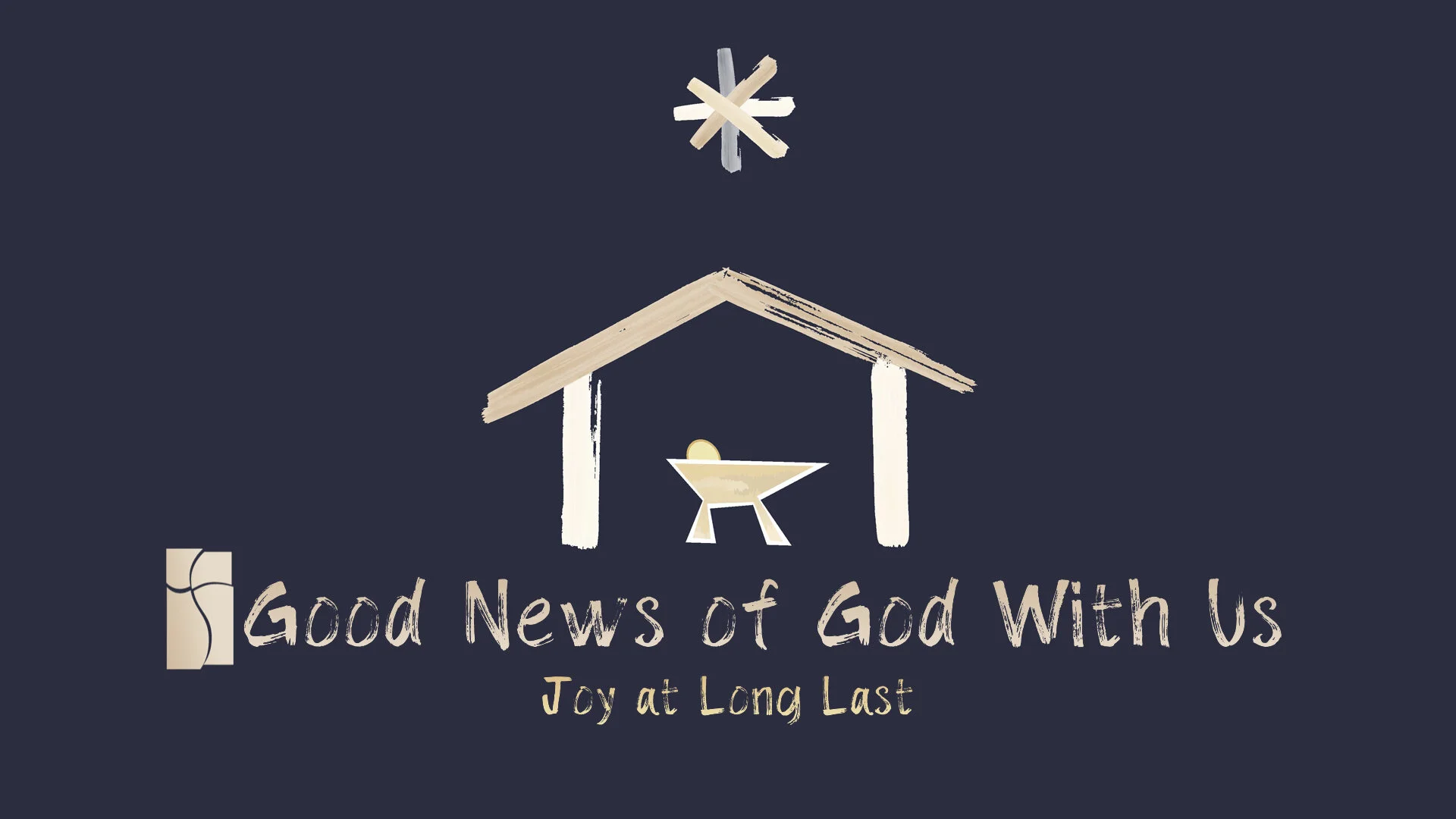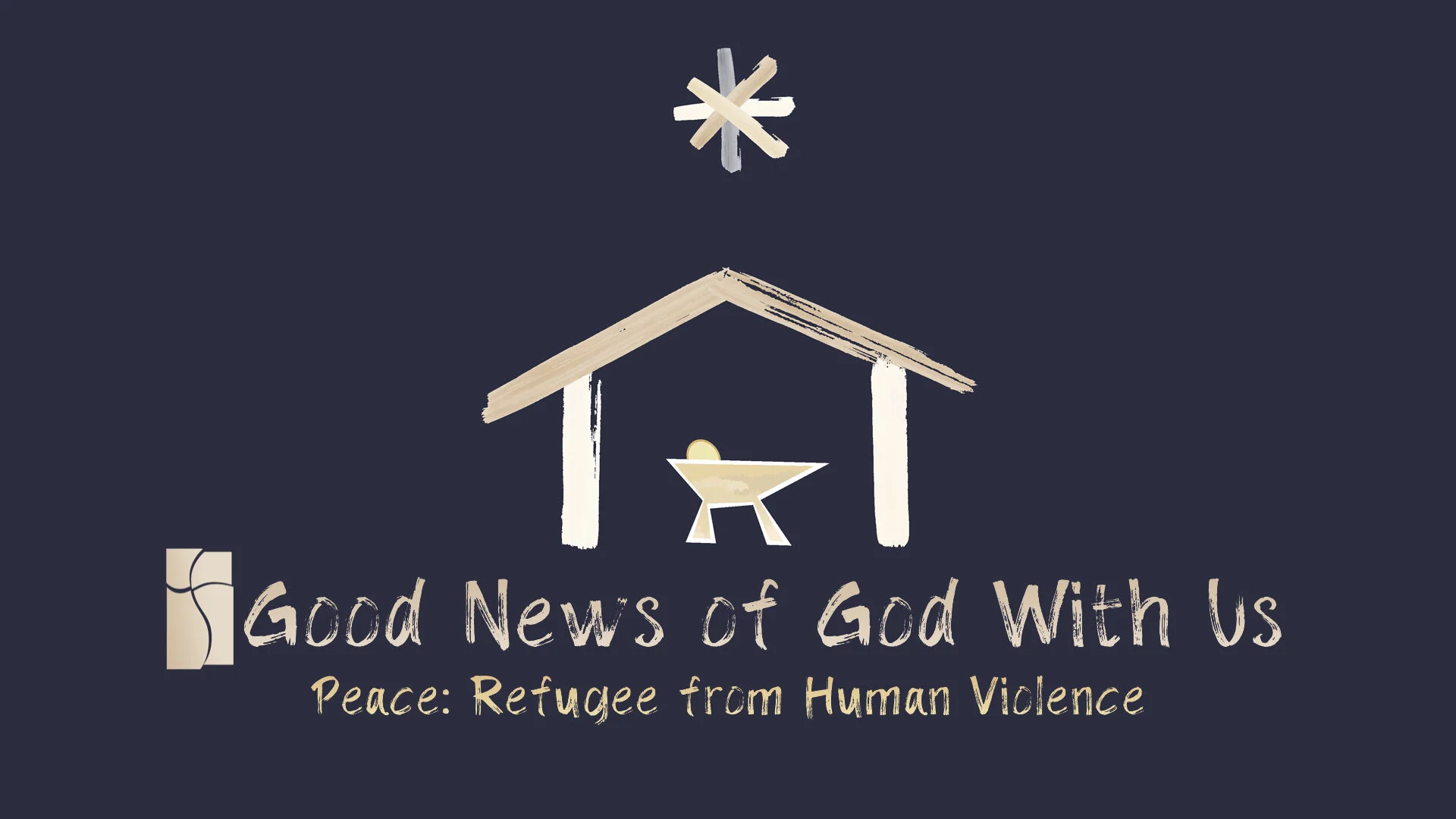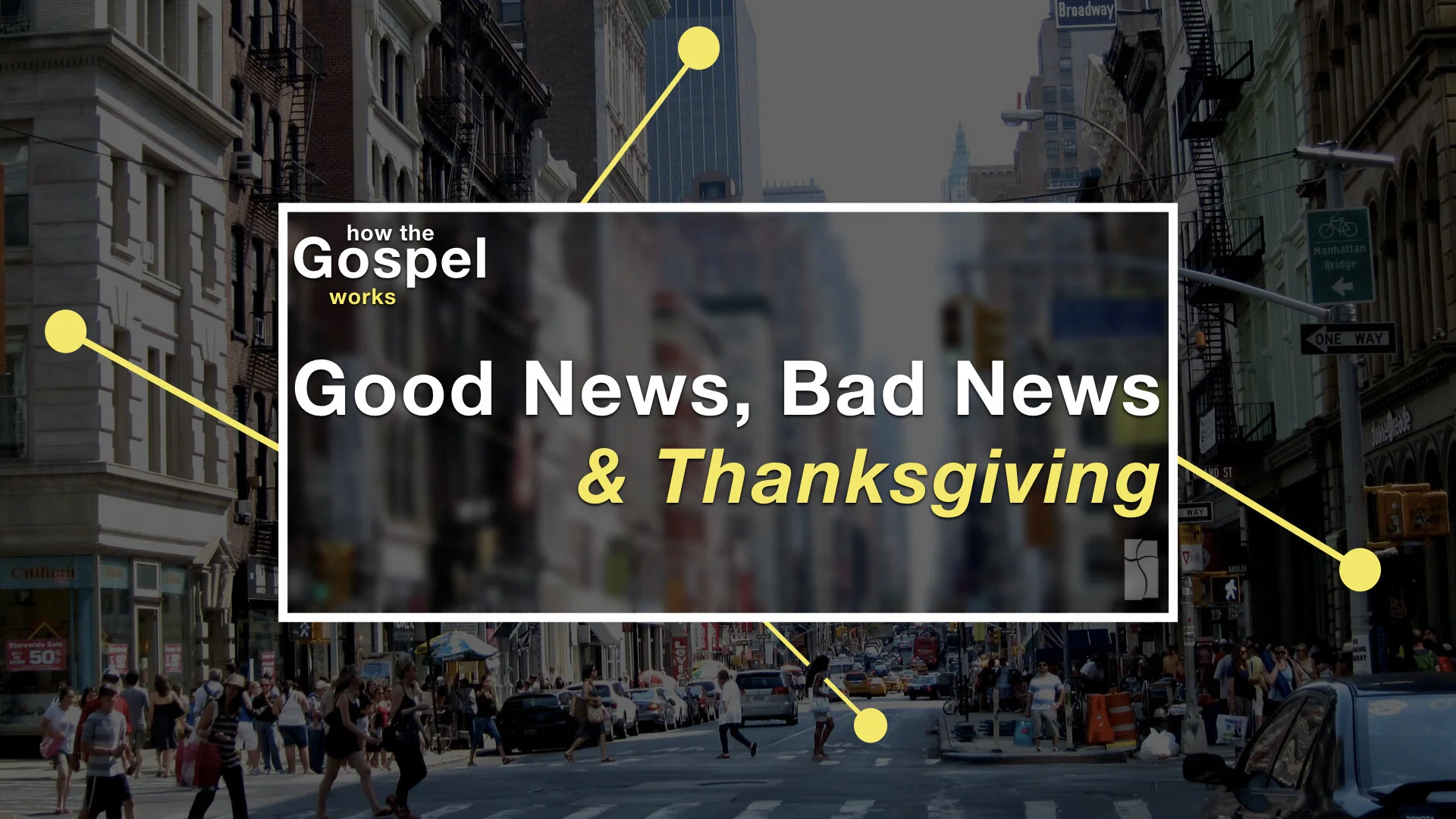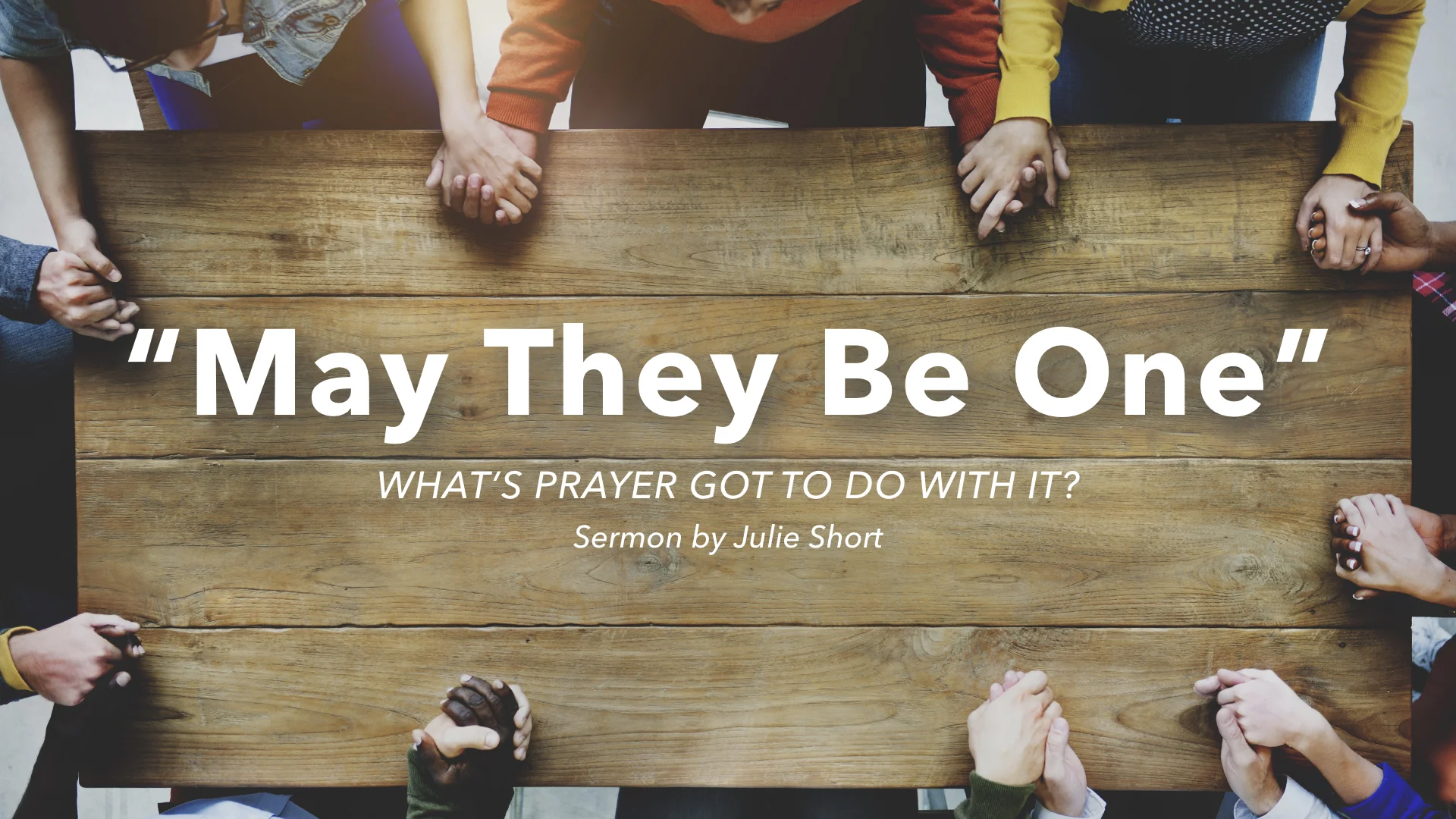The Treasure of Something More
Seeing the Reality of Life – A Life of Treasures We start the new year/decade in Jesus’ teaching in the Sermon on the Mount. Seek God’s kingdom. Jesus is talking to villagers, farmers, fishermen, women who spin and weave. Life is survival. Too vulnerable to care about abstractions, meaning. (Pyramid of motivation) Jesus goes straight for deep-high meaning. These hardscrabble people have treasures. The question: where they/we put treasures. What gives meaning/value? Where my heart is. Earth – things that pass away. God’s realm – things that can’t be destroyed. But both are here and now. It’s a challenge of vision. How do I see the world/life. My ability to see the world and people as God’s realm can become distorted, dark or give light. Jesus focuses on a difficult “choice.” Who do I serve? God or Mammon? A personification of Money, power, control, and all their embodiments in structures, relationship, stuff. Mammon’s the most powerful god we can create. Mammon is our human replica of God, the kind of god we think God should be. Pragmatic, real. Visible (not hidden). Powerful. Equipped with full theology. Daily rites to shape my choices. Able to save and destroy.
Good News for a Future
Emmanuel – God with Us Jesus’ story, like other human stories, begins with birth and goes to death. The same but different. Something more is happening so that that event can become part of every human life – our life. Our theme: “God with Us.” Unexpected entry; Refugee; at Long last. God chooses a very distinctive way to create a bridge from God to Us. It’s truly wise and powerful beyond imagining, but overturns every structure of smart power we build. We humans live in a moment. The limitation of life unfolds in Genesis. The Big Bang, 13.75 billion yrs ago. All written human history, 6,000 yrs. But in the scale of God’s infinity, the Big Bang is hardly longer ago than the pyramids or cave paintings. Other things determine value, meaning. 2 Pet. 3:8. God’s bridge draws my human life into the long past and future of the human drama and into the heights and depths of God’s life. Being Part of a Long Past and Long Future We have no idea what it’s like to be God. Timeless?
Joy at Long Last
People Waiting for Joy through Long ... Experience Luke takes us into the life of faithful Jews near the end of Herod’s violent reign. Zechariah/ Elizabeth; Mary/Joseph; Simeon and Anna. Two young, four elderly. The old ones lived through the old days and know they weren’t better. They carry the long expectation. Isaiah, before the exile, foresaw Israel’s royal hope cut off. But a branch would grow from the stump. He would bear God’s Spirit; God’s heart for justice; God’s renewal. What joy! Things started happening: Gabriel, Zechariah, Mary, Elizabeth, John’s birth. Mary and Joseph bring an astonishing child (angels-shepherds) to the Temple for faithful obedience, 6 bc.
Peace Refugee from Human Violence
Refugee, Exile, Alienation – Home Advent and Christmas present positive images of Peace and Love. It’s striking that the Gospels don’t edit the story of Jesus’ birth for sweetness and uplift. The event of Jesus enters the long story of human separation, alienation from God and each other. God strives to bring us back home, to reality, to real life. We’re refugees who enjoy our exile and have set up life in it with our own power structures, pretending all is fine. Exile is all there is. We don’t need a Creator. Alienation hits every level: our hearts, relationships, societal/ political structures, a break of earth from heaven. Can anything really New break in?
God's Unexpected Entry
Many Anticipations Become One Event After disastrous exiles that ended kingdom in Israel and Judah– prophets and people anticipated the return of God in glory. When, how would he come? Restored Temple. New King-Messiah. Pure priest. Son of Man–people receive kingdom. Suffering servant–for people. Could Gentiles be included? Or a purified people? Or do we just keep up tradition? Jesus, in his teaching and action, is the first to unify and embody all these anticipations. People struggled to grasp uniting glorious Messiah with suffering servant, transformed temple, and included outsiders. In Jesus’ death and resurrection they realized that Jesus was the very Advent of the One God, who used the human forms and anticipated images to show himself in the person of Jesus – the one and only Son, glory, and suffering.
Good News, Bad News, & Thanksgiving
Colossians 1:3-14
Thanksgiving that Flows from the Good News
We live in an age of irony, distancing from engagement in life. Early Christians (like Jesus) can put us off because of their lack of ironic distance. They live with a sense of joy and engagement with life even in the midst of suffering, persecution, and loss.
In the OT the word for “to thank” (yadah) means to confess/ praise – used only toward God. Recognizing God’s reality as source of life and good. Praising God in worship as in Ps.100.
In the NT, the common words for thanks and thanksgiving are closely related to the idea of “grace” – eucharistein. The experience of God’s grace announced in the Good News of Jesus’ Life-Death-Resurrection filled them with a sense of gratitude and courage for life.
Jesus was continually surrounded with human suffering and trouble – sickness, poverty, and oppression of the people; the doubt and fear of disciples.But he lived with great calm, seeing beauty, faith, hope, healing– God’s presence visible in all things and people.
Jesus’ ministry/grace climaxed in the Cross – God’s absolute love in the heart of suffering – calling disciples to life shaped by God’s self-giving love. The Cross was the end of irony. Such grace calls us a world of gratitude/charis – thanks to God in all circumstances.
Born from Above - New Creation
Born from Above – New Creation – Really?
The New Testament language about the impact of the Good News is strikingly radical. New birth. New Creation. No Jew/Greek; slave/free; male/female. Crucified with Christ. What does it mean? Paul tells the struggling Corinthians about New Creation as a fact. Jesus’ words to Nicodemus about being “born again” evolved into an Evangelical cliché that talks more of a method of conversion or testimony or even politics. What is Jesus’ challenge really about?
Nicodemus is a leading teacher, positive toward Jesus. Jesus confronts him with the “kingdom of God” that’s breaking in. The teacher must start over: birth from above. So must all. Nicodemus struggles to understand. Water and Spirit: Spirit-Wind/Breath, blowing but unseen. The Good News of God’s reign is a new, challenging reality. You have to learn from the only one who truly embodies it: Son of Man/Son of God. Lifted up in death. Giving life that extends beyond death. This is God’s reality bursting into new clarity – embodied. God’s love for the cosmos, his kingdom is here. Can I see it? It’s light. Do I really want it?
Good News in a Marketplace of Ideas
Acts 17:15-34
The Marketplace of Ideas and Reality
In a marketplace of ideas, diverse points of view are competing for attention and acceptance. People compete to promote their views. The best ideas are supposed to win most followers. We love the concept! We also see that marketplace producing specialists in selling ideas, shaping opinion, lobbying those in power. Those with most resources often win. That’s life.
“Paul in Athens” doesn’t turn out right. To be effective, shouldn’t it be a story of success? But we see few converts. Here, Paul doesn’t win the competition of ideas. Why tell the story? Paul comes to the famous heart of Greek civilization. He goes both to the Synagogue and into the Agora, center of civic and cultural life. He talks to anyone, but advocates of famous philosophies challenge him: Stoics and Epicureans, both schools more than 300 yrs old with complex teachings. Paul is superficial talking about new divinities, Jesus and the Rising. Aeschylus long ago told that Apollo ins
Good News of God’s Spirit and Community
Acts 2:36-46
The Spirit Poured Out by a Crucified Messiah
The Gospel is the announcement of what happened in Jesus! But the event of Jesus goes on! The disciples were told to wait – this is God’s work. God comes as the Spirit’s poured out.
The waiting Peter speaks: Scripture, Jesus with Cross, Resurrection, Enthronement, and Spirit. All are surprised, captured, even Disciples. But it’s Good News even for the crucifiers.
All are called to changed thinking and practice. Jesus is the Anointed One. Plunge in! God’s Spirit is given to you as never before. People respond from everywhere. 3,000 baptized.
The Spirit shapes a new community. Thousands of stories, lives to change. Devotion to several things: Teaching, learning, realizing the breadth and depth of what God has done. Shared life, a new community beginning to cross all boundaries. Breaking bread: Jesus death and life in shared meals. Prayers, a renewed relation with Abba, new hopes, needs. They realize a oneness and new reality that sees possessions in a new way, as resources to share. They flood the temple as a united group and share intimacy in scores of homes.
Good News and Boundaries of Belonging
The Spirit’s Surprise in the Spreading Good News
Jesus sent the Apostles out to make disciples of all nations (Mt 28:18-20). On Pentecost, Jews from many nations/languages were gathered in Jerusalem when the Spirit came. Acts unfolds the story as these diverse Jews respond, and God creates new community.
But there’s irony as the Apostles stay in Jerusalem when persecution comes. Greek-speaking leaders go out. The great story of the inclusion of Gentiles is Acts 10: Cornelius and Peter. We see that Peter never intended to go to foreigners, till pushed by God’s Spirit. He has to learn that God shows no partiality. God’s Spirit comes unexpectedly and pushes him.
But even earlier, Acts tells of Philip, a leader among Greek-speaking Jews. Under persecution he goes out to Samaritans alienated from Jews. People respond with joy. But surprisingly the Spirit doesn’t come. There needs to be unity across old wounds and prejudices. The Spirit waits till apostles come from Jerusalem. Jews and Samaritans are united in Jesus.
How Can a Crucifixion Be Good News?
The Mystery at the Heart of Everything
We’re exploring how the Gospel works. How God works shining into hearts in the face of Jesus. But there’s a problem. 1 Cor. reflects it. Gospel isn’t guidance, wisdom, morality. It’s a complex event that’s being announced. Something already done that changes everything. It puts you in a new place. Trust it! But what events! Crucifixion, Resurrection!
Paul knows Jesus’ cross is offensive, foolish. But it embodies God’s power, wisdom. The basics are simple, impossible things, except by God’s action, drawing humans into them. The Messiah died; for our sins, fitting scripture. He was raised, scripture, he appeared. Things unexpected, humanly impossible, vast purposes for us, new reading of scripture! Yet Paul watches the power of the event in others and experiences that power himself.
The Event that Refuses to Become a Theory
The Good News and the Gospels
Why do We have Gospels?
For some the “Gospels” are a puzzle or problem. The first “Gospel” sermon was Pentecost. The Gospel is “You’re a sinner but God loves you. Receive Jesus as Lord & Savior. Pray.” Everything is focused on a moment of decision: The “born-again” experience. The Gospels seem like preamble or back-story. Acts has conversion moments, but also long teaching.
Pagans and Jews were brought into new life, not by a minimal formula, but by encountering Jesus in stories told by teachers – God shining in our hearts in the face of Jesus.
Our Gospels reflect a process, the experience of the first generations of believers. During Jesus’ ministry, and especially after his crucifixion they told about Jesus. To remember and understand for themselves and explain to others – teaching, celebration. They discovered people transformed by the vision of God and his Kingdom in these stories.
The NT embodies this process: Jesus whole ministry happens, death (end), resurrection (reverse)! Telling the story (Acts), transformation and community (Letters). Telling the story again (Gospels). The Gospels are the voice of the whole community who had lives transformed by these accounts and told them a thousand times. What’s not here: authors, authorities & documentation. No biographical curiosity: appearance, childhood.
Four Gospels have two basic patterns Mark (with Matthew & Luke) and John. All recount situations in Jesus’ ministry but focus on Jesus’ crucifixion and resurrection.
Books of Encounter with Jesus, God’s Kingdom, and God
The Gospels all have elements of history, biography, colorful narration, & useful wisdom, but exact narration isn’t what they’re about. (Mt & Lk change events and wording in Mark.)
The Gospels were written for all of us outside the experience of Jesus’ first disciples. They help us at a distance to experience something of the fascination and delight Jesus brought to followers, but also the disorientation and challenge. The devastation of his crucifixion and explosion of his resurrection. His teaching is seen in the light of it all. They guide us to a complex, transforming encounter with Jesus for ourselves: Learners.
God shines through Jesus’ face in four Gospels – diverse, unranked. We each have to read, learn, see Jesus for ourselves together – both individual and community. Jesus is the event of God, experienced anew, interpreted, powerful, transforming in every culture. God uses these narratives in an unending disciple-making process. We participate with others.
May They Be One: What's Prayer Got to Do with It?
Ephesians 3:14-21 & John 14:12-14
Julie Short, one of the Elders at Manhattan Church of Christ, preaches on Ephesians 3:14-21 and John 14:12-14.
Created in Christ for Good Works
Matthew 25:31-40
God the Surprising Worker of Grace
Place side by side: “We’re God’s work of art, created in Christ Jesus for good works.” And Jesus’ portrayal of his judgment on the whole world: “I was hungry and you gave me....”
The relation of Faith to Works is often seen as a problem. What gets us to heaven? “Just believe, pray, that’s it!” or “Believe, confess, be baptized.” or Bap., Confirm., Sacraments. We seek a minimal formula. What do I have to do for God to give me salvation? Enough.
God’s work is bigger since the human problem is bigger. In Ephesians, Paul speaks to Gentiles: “You were dead....” Your sins were walking with the times, the breath/spirit breathed by everyone. Paul soon shifts to “we” – Jews like himself are included. “We were all dead...” but didn’t know it. Living out wrath of our own choices. God’s response is mercy, love.
God did all the work, what no one could imagine, creating life in Jesus for all of us: Grace. We could not have done it by anything we did! God did it! But that love and grace sets the direction of real life for us. As we share Jesus’ story, we’re newly created for works that embody that good grace and love: Loving God, loving neighbor. God is the doer, the creator. We are the creatures – with purpose. We live his love toward all around us.
Breaking Yokes & Sharing Bread
Faith and Works – Battle or No Battle
In the Reformation, leaders like Martin Luther and John Calvin saw how the Medieval church often used pious, sacramental works to control people and missed the entire message of justification by faith and God’s grace. They insisted on Faith alone as the basis of salvation. Faith and Works (good deeds) stood in opposition, based on Paul. James was “straw” (Luther).
Different meanings for “Works.” (1) Works of law as group boundaries for a pure community (circumcision, food laws). (2) Works as actions of generosity, service, and reconciliation embodying God’s self-giving love. Paul reflects on both as he builds communities of both Jews and non-Jews. “Works of law” – protective, defining markers for Jewish communities. But they excluded non-Jews. Debates about circumcision were about including all nations. Paul always insists on (2): Life transformed by Christ’s love, actively serving others.
Faith Works to Define Life, Shape Life, Give Life
Good Faith & Good Works
Faith and Works – Battle or No Battle
In the Reformation, leaders like Martin Luther and John Calvin saw how the Medieval church often used pious, sacramental works to control people and missed the entire message of justification by faith and God’s grace. They insisted on Faith alone as the basis of salvation. Faith and Works (good deeds) stood in opposition, based on Paul. James was “straw” (Luther).
Different meanings for “Works.” (1) Works of law as group boundaries for a pure community (circumcision, food laws). (2) Works as actions of generosity, service, and reconciliation embodying God’s self-giving love. Paul reflects on both as he builds communities of both Jews and non-Jews. “Works of law” – protective, defining markers for Jewish communities. But they excluded non-Jews. Debates about circumcision were about including all nations. Paul always insists on (2): Life transformed by Christ’s love, actively serving others.
Faith Works to Define Life, Shape Life, Give Life


